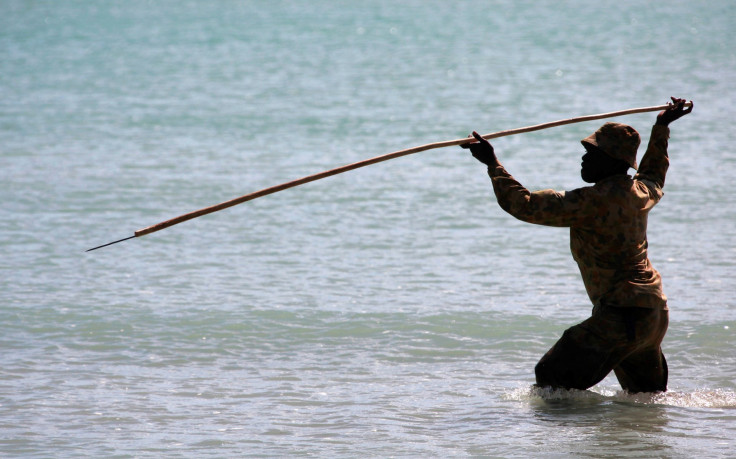DFAT Security to strengthen commitment towards indigenous businesses

The Department of Foreign Affairs and Trade entered into a contract with the Fields Group on Tuesday for security guarding services in Australia, strengthening its commitment towards indigenous entrepreneurship and procurement. The contract is the largest that has been signed under the Australian Government’s Indigenous Procurement Policy.
The contract is not only a demonstration of the department’s commitment towards the indigenous business and employment sector but is also a milestone in the growth of the Fields Group.
The AU$9.2 million dollars deal for three years, or AU$15.75 if the deal is planned over five years, will require the Fields Group to subcontract Wilson Security to assist it with the delivery of the services. This will allow Fields Group to develop their infrastructure while being able to draw on the knowledge of the Wilson Security. The deal will also enable an established provider to work in association with an indigenous supplier, ensuring commercial benefits for both parties at low risk for the Commonwealth.
Through the development and advancement of the indigenous businesses, employment amongst the indigenous people of Australia can be ensured. This is because, according to the government, indigenous businesses are much more likely to employ indigenous Australians than any other businesses. Thus, the main purpose of the IPP is to develop indigenous businesses by creating new opportunities for them. The policy aims to put the indigenous businesses at the centre of how businesses are operated under the Commonwealth Government.
On July 1, 2015, the Indigenous Policy of the Australian government replaced the Indigenous Opportunities Policy. IOP was a part of Council of Australian Government’s commitment towards increasing Indigenous Economic Participation, indigenous employment and business opportunities and strengthening government procurement policies.
Contact the writer at feedback@ibtimes.com.au, or let us know what you think below.





















